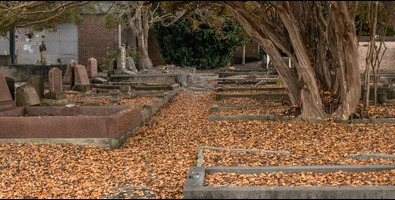Welcome to our Resource Centre.
If you’ve got a question, we have the answer. If you’re feeling overwhelmed with unfamiliar feelings, we’re here to help you through it. Our Resource Centre shows plenty of ways forward.
Thank you! Your submission has been received!
Oops! Something went wrong while submitting the form.
Tag
Blogs
We've had the privilege of serving more than 50,000 families.
Every week, hundreds of families let us into their lives, sharing stories of their loved one, and entrusting us with their goodbye.
Here are some of their stories.
Here are some of their stories.




.jpg)



